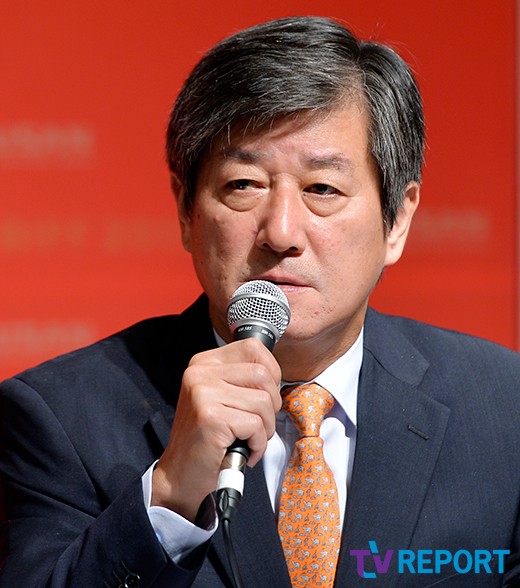

Labour's Annette King rose to dare Associate Health Minister Jo Goodhew to deny that Health Benefits Ltd was running "a poncy scheme".Īs Goodhew had mentioned that HBL had saved $6 million on the purchase of gloves, this briefly seemed a potential scandal. "There has not been a single recorded incident involving Maori dolphins," he said - after accusing the Greens of talking mumbo jumbo. Key then appeared to try to divert the Opposition's pummelling of the Government's stewardship on endangered Maui's dolphins by introducing a new species. It was such a low-stakes piece of negotiation that Mana leader Hone Harawira didn't even bother looking up from his paperwork to find out whether he'd been blackballed. Not falling for it, Key said he would take Cunliffe seriously when he ruled out Labour's relying on IMP votes. This was fox-cunning, as such a deal would not preclude Labour from doing post-election deal with Internet-Mana, whereas National's putative coat-tail deals can only succeed if they are specified before the election. In a bid to take at least some of the unpredictability out of the result, Labour leader David Cunliffe challenged Prime Minister John Key: "If Labour is prepared to rule out a pre-election coalition deal with the Internet-Mana Party, will the National Party rule one out with the Conservatives, ACT and UnitedFuture?" The future everyone most wanted to read, of course, was the outcome of the pending election. Labour's Trevor Mallard formally requested that Carter "share with the House the source of your prescience so we can all read the future".Ĭarter foretold that Mallard would be thrown out of the House if he didn't start behaving himself. "Can we all come?" asked NZ First's Andrew Williams, forlornly.


"Order! The member will sit down," Carter ruled, adding tetchily that MPs who wanted to debate Standing Orders with him could come and see him in his office rather than waste the House's time. " Hughes began, proferring his personal copy of Standing Orders in a prosecutorial fashion.

Except, of course, that no-one knew what the issue was.īy the time a fourth plaintiff, Green Gareth Hughes, rose to raise a point of order, Carter was ratty, but prepared to allow a whole six words before pouncing with a negative ruling. "I didn't need to listen any further to the member," Carter said crisply, and warned all subsequent point of order-raisers that he would not tolerate their relitigating the issue. In vain, Parker and several colleagues applied for the chance for Parker to finish at least a sentence of his point of order so that Carter might know what he had actually ruled against. " To the lay person, these four words did not by themselves articulate the nature of his complaint - yet Carter had ruled the complaint unwarranted. Trouble was, Parker had only got four words out before Carter interrupted him and ruled.


 0 kommentar(er)
0 kommentar(er)
